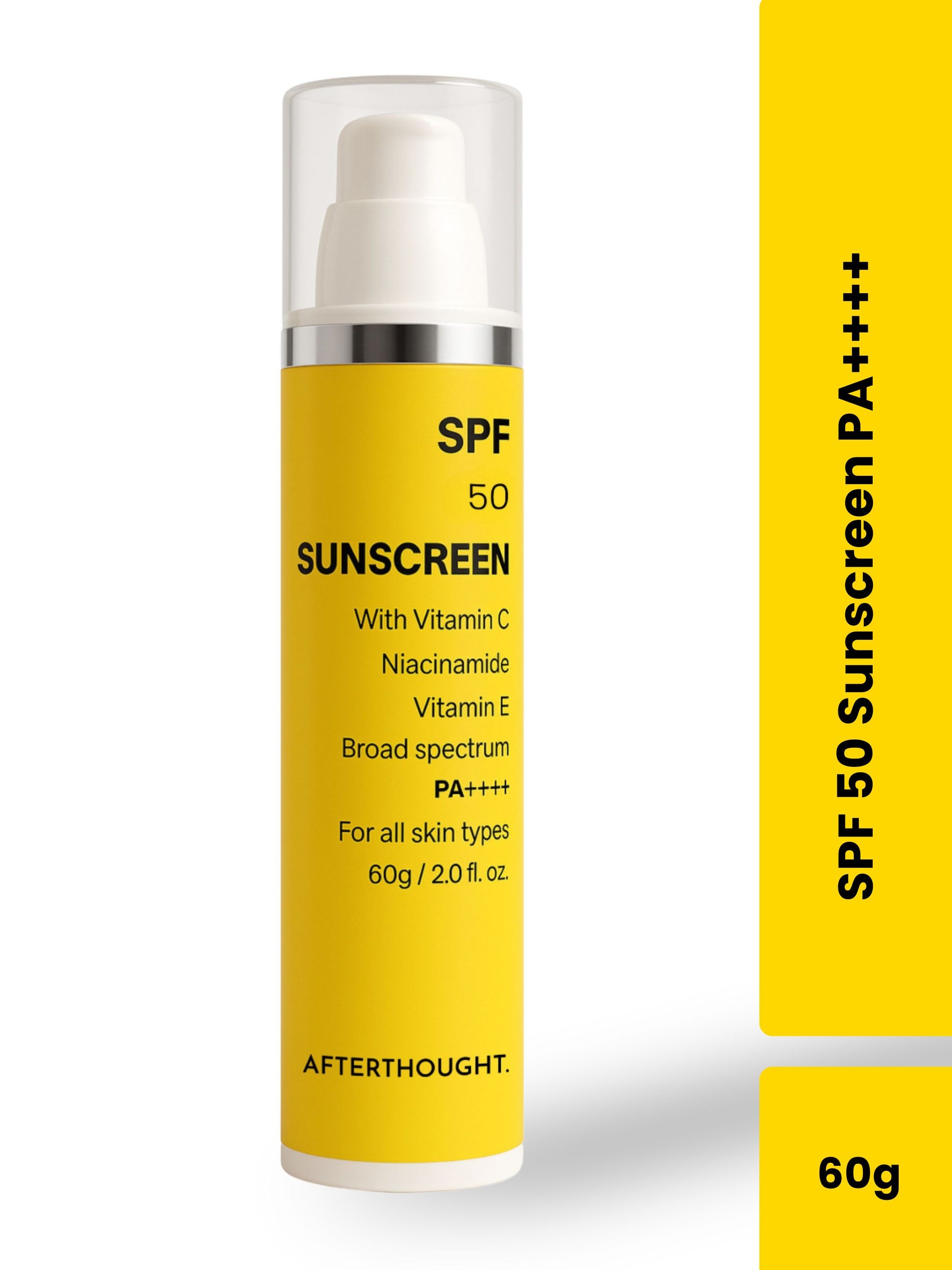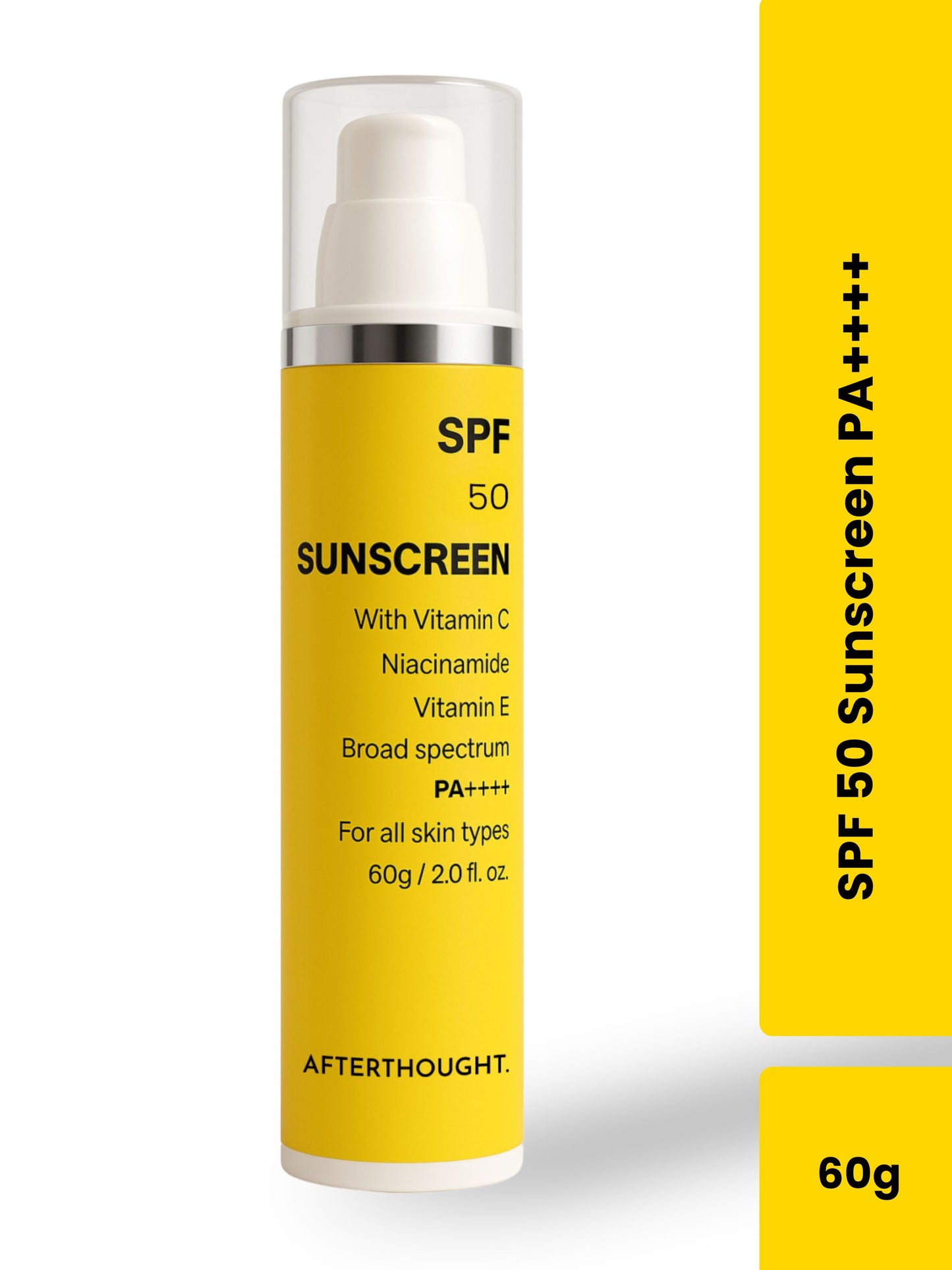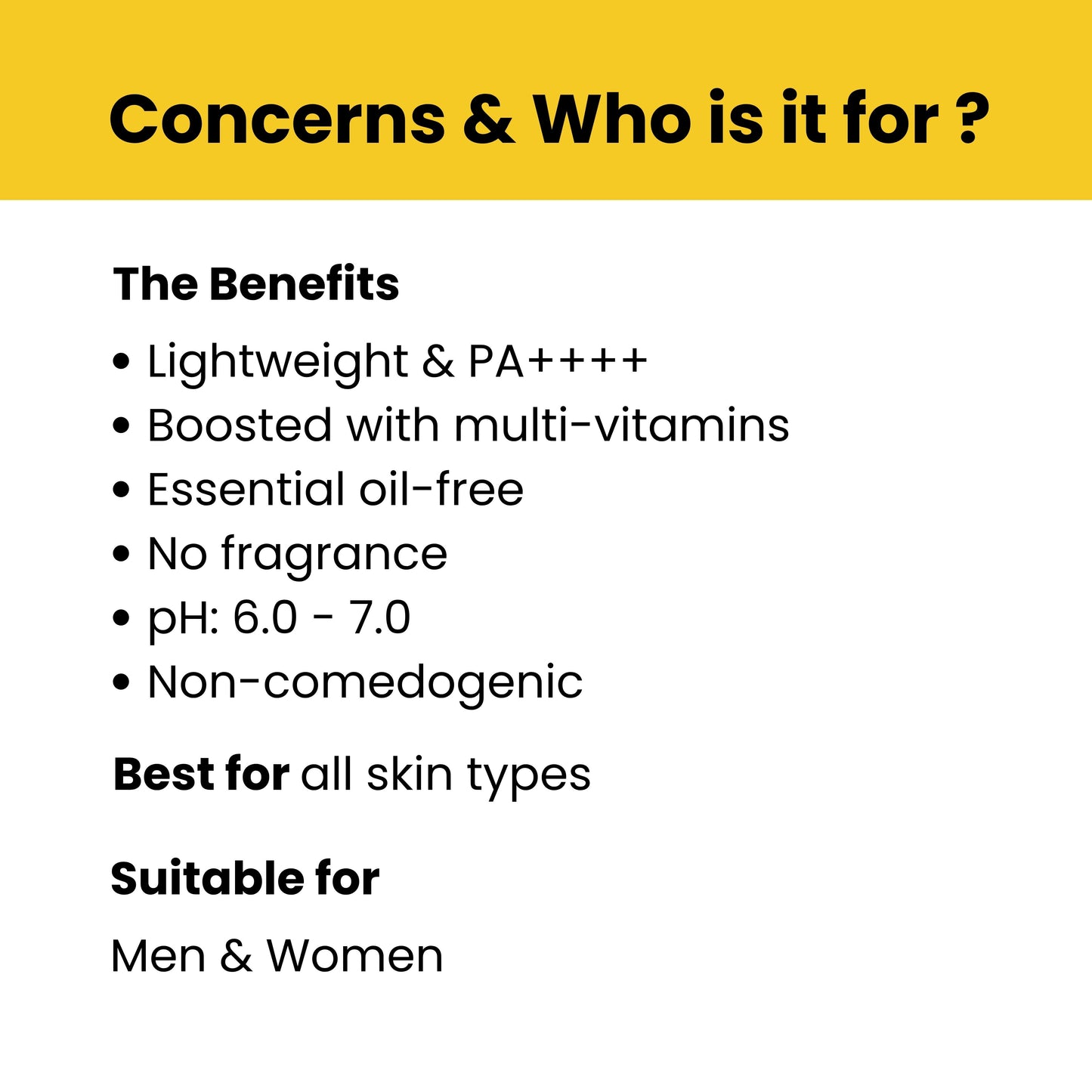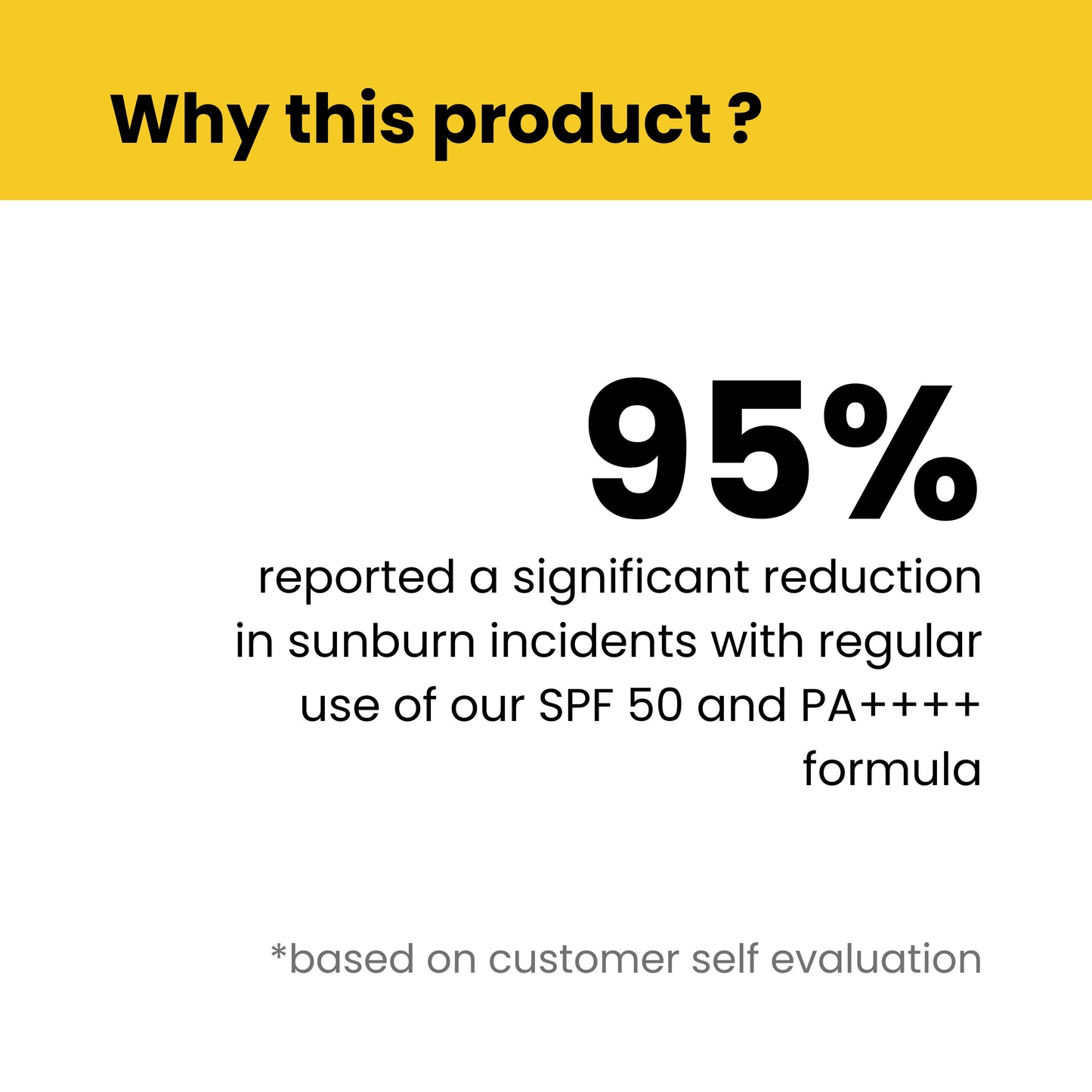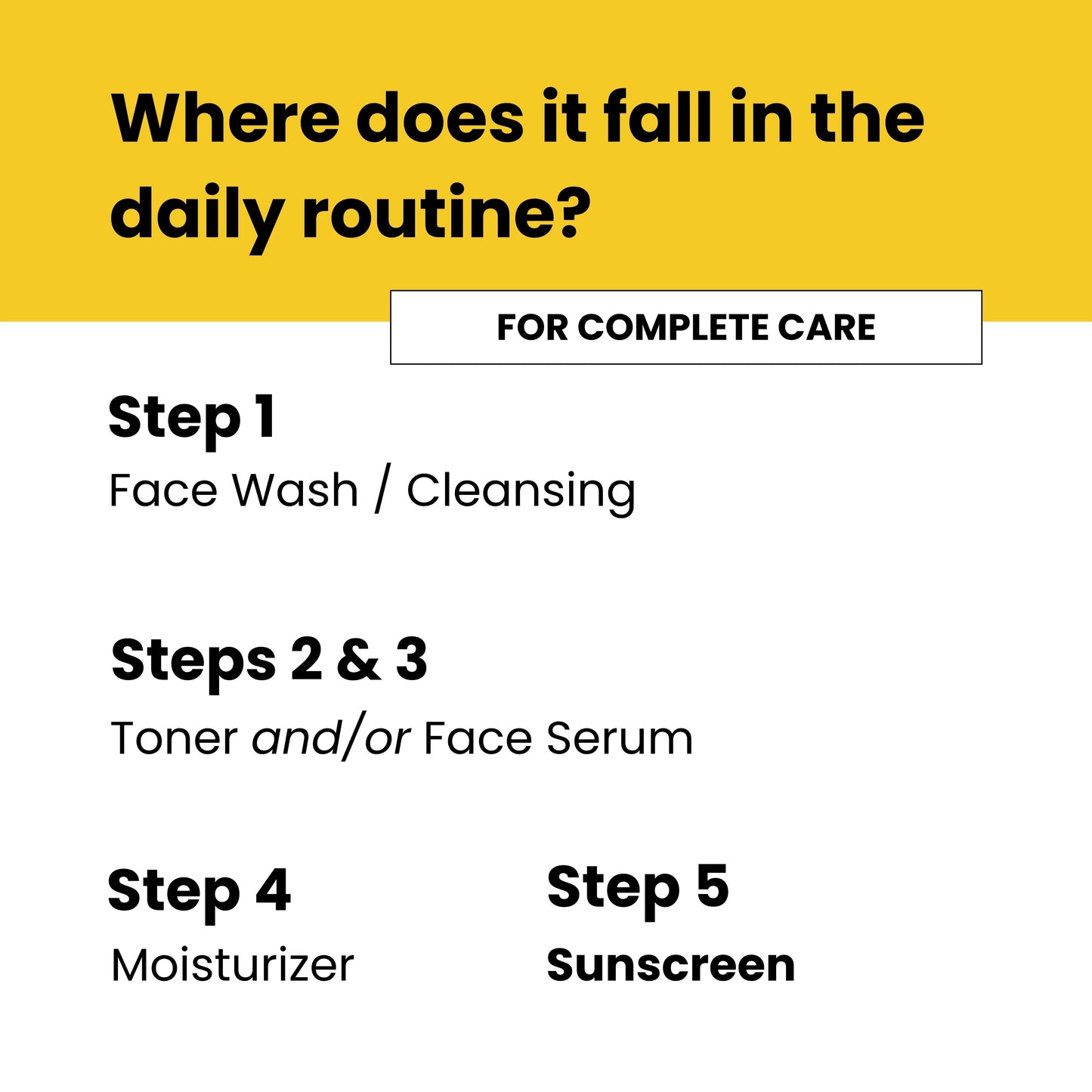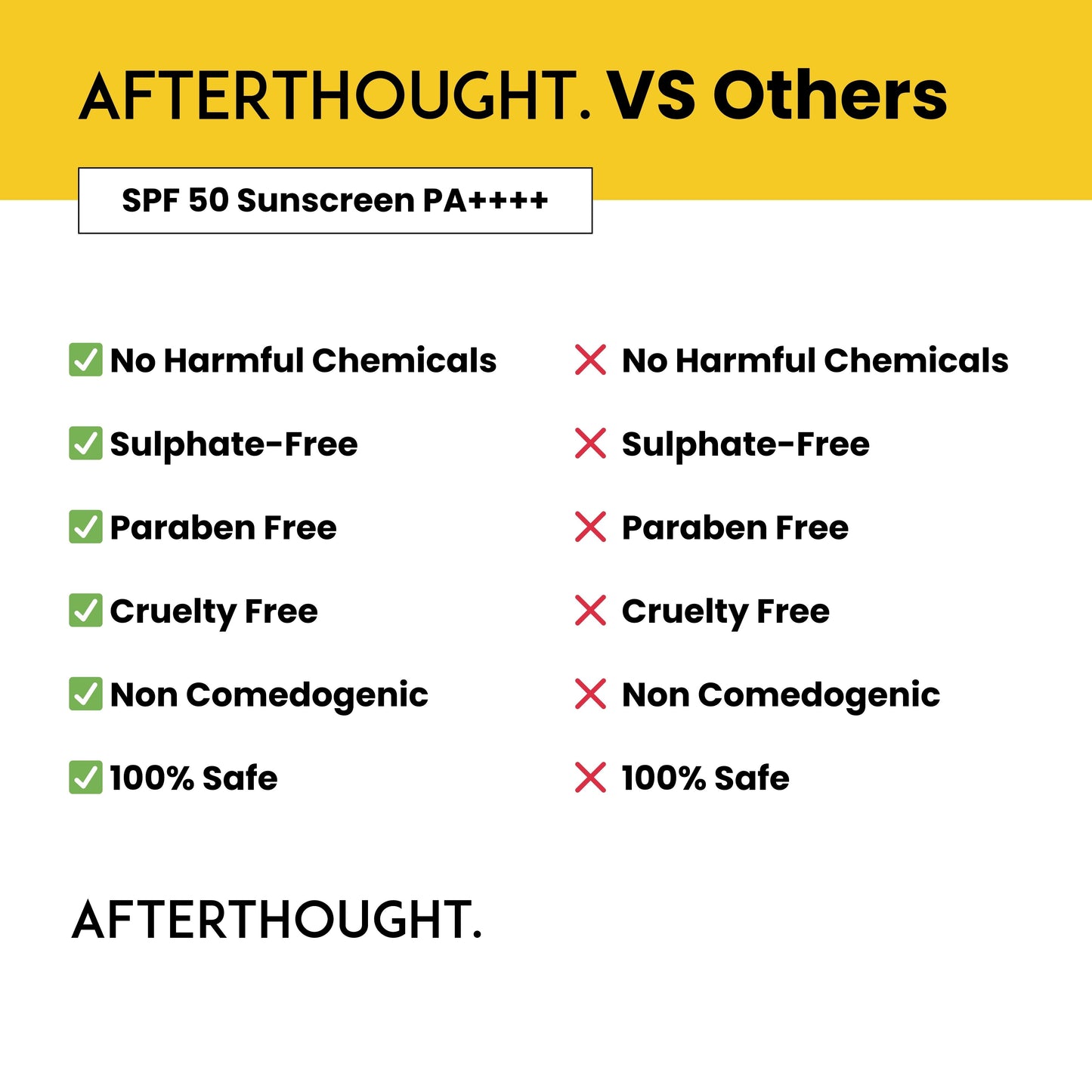How To Choose Sunscreen For Oily Skin?
Sunscreen is an essential part of any skincare routine, but for those with oily skin, finding the right product can be a challenge. The wrong sunscreen can leave your skin feeling greasy, contribute to breakouts, and make you reluctant to use it regularly. Welcome to Afterthought.
However, with the right information, you can select a sunscreen that not only protects your skin from harmful UV rays but also complements your oily skin type. This guide will help you navigate the factors to consider when choosing a sunscreen for oily skin.
Understanding the Importance of Sunscreen
Before diving into the specifics of selecting a sunscreen for oily skin, it's crucial to understand why sunscreen is important. Sunscreen protects your skin from the sun's harmful ultraviolet (UV) rays, which can cause premature aging, sunburn, and increase the risk of skin cancer. Regular use of sunscreen can help maintain a youthful appearance, prevent pigmentation issues, and support overall skin health.
Key Factors to Consider
Formulation Type
- Gel-Based Sunscreens: These are typically water-based and lightweight, making them ideal for oily skin. They absorb quickly and leave a matte finish without clogging pores.
- Powder Sunscreens: These provide a dual benefit of sun protection and oil control. They are especially useful for reapplication throughout the day without adding any greasiness.
- Lotion or Fluid Sunscreens: Opt for non-comedogenic (won't clog pores) and oil-free formulations. Look for lightweight lotions that provide a sheer finish.
Ingredients
- Non-Comedogenic: Ensure the sunscreen is labeled as non-comedogenic to avoid clogging your pores and causing breakouts.
- Oil-Free: This is crucial for oily skin to prevent adding excess oil to your skin.
- Matifying Agents: Ingredients like silica, dimethicone, and niacinamide help control oil production and keep your skin looking matte.
- Antioxidants: Ingredients such as vitamin C and E can provide additional skin benefits by protecting against free radical damage.
Sun Protection Factor (SPF)
Choose a broad-spectrum sunscreen with an SPF of at least 30. Broad-spectrum protection ensures you are protected from both UVA and UVB rays.
Texture and Finish
- A matte finish is preferable for oily skin as it helps reduce shine. Look for sunscreens specifically designed to leave a matte or satin finish.
- Lightweight and fast-absorbing textures are less likely to feel heavy or greasy on your skin.
Water-Resistance
If you are active, sweat a lot, or spend time in water, a water-resistant sunscreen is beneficial. However, make sure to reapply every two hours, especially after swimming or sweating.
How to Incorporate Sunscreen into Your Skincare Routine
- Cleanse and Tone: Start with a cleanser and toner suited for oily skin to remove excess oil and impurities.
- Moisturize: Use a lightweight, oil-free moisturizer. Even oily skin needs hydration.
- Apply Sunscreen: Apply your chosen sunscreen generously. Don’t forget areas like your neck, ears, and the back of your hands.
- Makeup Application (Optional): If you wear makeup, opt for products with additional sun protection (SPF). Powder sunscreens can be used for touch-ups.
Common Myths About Sunscreen and Oily Skin
- Myth: Sunscreen makes oily skin worse.
- Fact: The right formulation can control oil and protect your skin without causing breakouts.
- Myth: Sunscreen isn’t necessary on cloudy days.
- Fact: UV rays can penetrate clouds and still affect your skin. Daily use of sunscreen is essential.
- Myth: Higher SPF means no need for reapplication.
- Fact: Regardless of SPF, reapplication every two hours is necessary for continued protection, especially if you're outdoors.
Tips for Reapplication
- Use Powder Sunscreen: Convenient for touch-ups throughout the day without disrupting makeup or adding shine.
- Blotting Papers: These can help remove excess oil before reapplying sunscreen.
- Sunscreen Mist: A lightweight, non-greasy mist can be sprayed over makeup for quick reapplication.
Also Read: Does Sunscreen Make Your Skin Glow?
Conclusion
Choosing the right sunscreen for oily skin involves understanding your skin’s needs and paying attention to product formulations and ingredients.
By selecting a non-comedogenic, oil-free, and matte-finish sunscreen with broad-spectrum protection, you can maintain a healthy skincare routine that protects against sun damage without exacerbating oily skin issues.
Remember, consistent use and proper application of sunscreen are key to maintaining healthy, radiant skin.
Check Now : Sunscreen SPF Calculator


